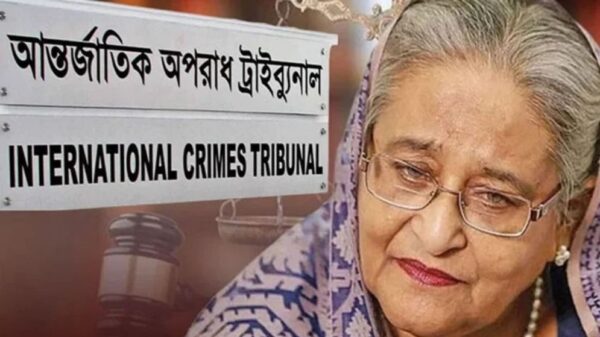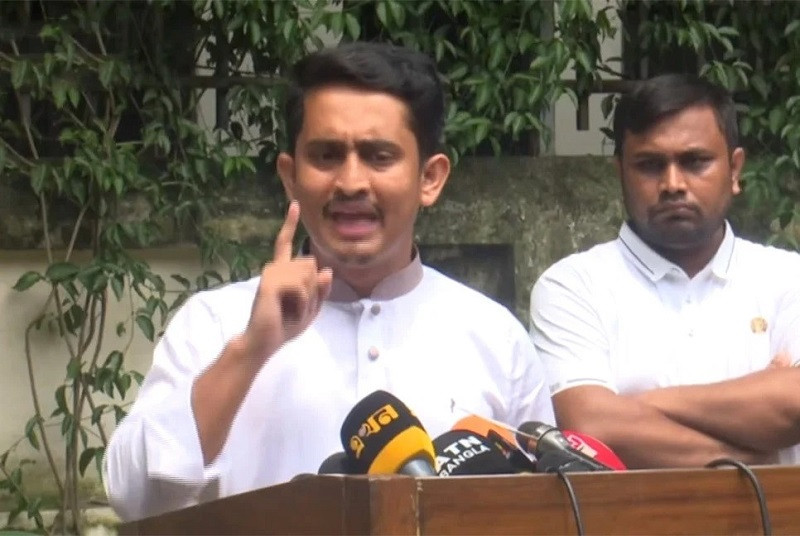Staff Reporter:
Sarjis Alam, one of the key coordinators of the student-led movement that ousted Sheikh Hasina, told reporters on Friday that certain vigilante activities targeting Hasina’s potential counter-revolution attempts on Thursday amounted to human rights violations.
A probe has been launched to this end, and if coordinators of the Anti-Discrimination Student Movement are found complicit in the acts, they would be expelled from the group.
Other punitive measures would also be taken against the guilty coordinators and others, Sarjis added.
There were widespread concerns that the ousted Awami League would mount a counter-revolution, by means of its huge activist base and financial heft, on 15 August, the day the party’s most iconic leader Bangabandhu Sheikh Mujibur Rahman was martyred back in 1975.
The party, which ruled the country for the past 16 years through an authoritarian system, would organise memorial events at places like Bangabandhu’s Dhanmodi-32 residence in the capital to gather and demonstrate, it was suspected.
Based on these suspicions, a large number of volunteers took control of the area around the residence on 15 August and prevented almost everyone from paying homage to Bangabandhu.
“One man of my father’s age was made to do squats, another elderly citizen was stripped while a woman was beaten, when trying to reach Bangabandhu’s residence,” Sarjis noted having watched several videos of the unruly mob activities on social media.
Journalists were also threatened and attacked on numerous occasions, he added.
These activities were inconsistent with the spirit of the mass upsurge that ousted the Sheikh Hasina-led government on 5 August, the student leader said.
The Anti-Discrimination Student Movement cannot obstruct anyone from paying tributes at Dhanmondi-32 on 15 August, and none has the right to attack Bangabir Kader Siddique’s car simply for his desire to respect Bangabandhu.
The student-led movement wants freedom of speech for everyone, irrespective of their political allegiance or beliefs. The fight against Awami League government was waged chiefly because the autocratic regime bulldozed these provisions.
Sarjis made it clear to the students that the Anti-Discrimination Student Movement was not an authority, but simply a “pressure group” to protest against irregularities and demand resignation of any corrupt or authoritative individual. It can take remedial actions against unjust moves, Sarjis said.
He requested the students controlling traffic on the roads and overseeing security to return to their studies, after thanking them for their volunteer contributions.
At the end of the day, if the students wish to take Bangladesh forward, they have to become educated and intellectually sound, Sarjis said.










































